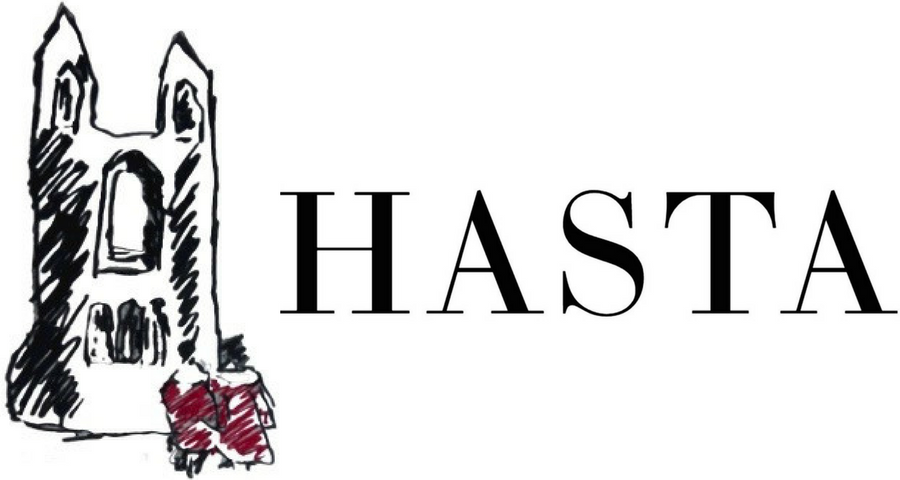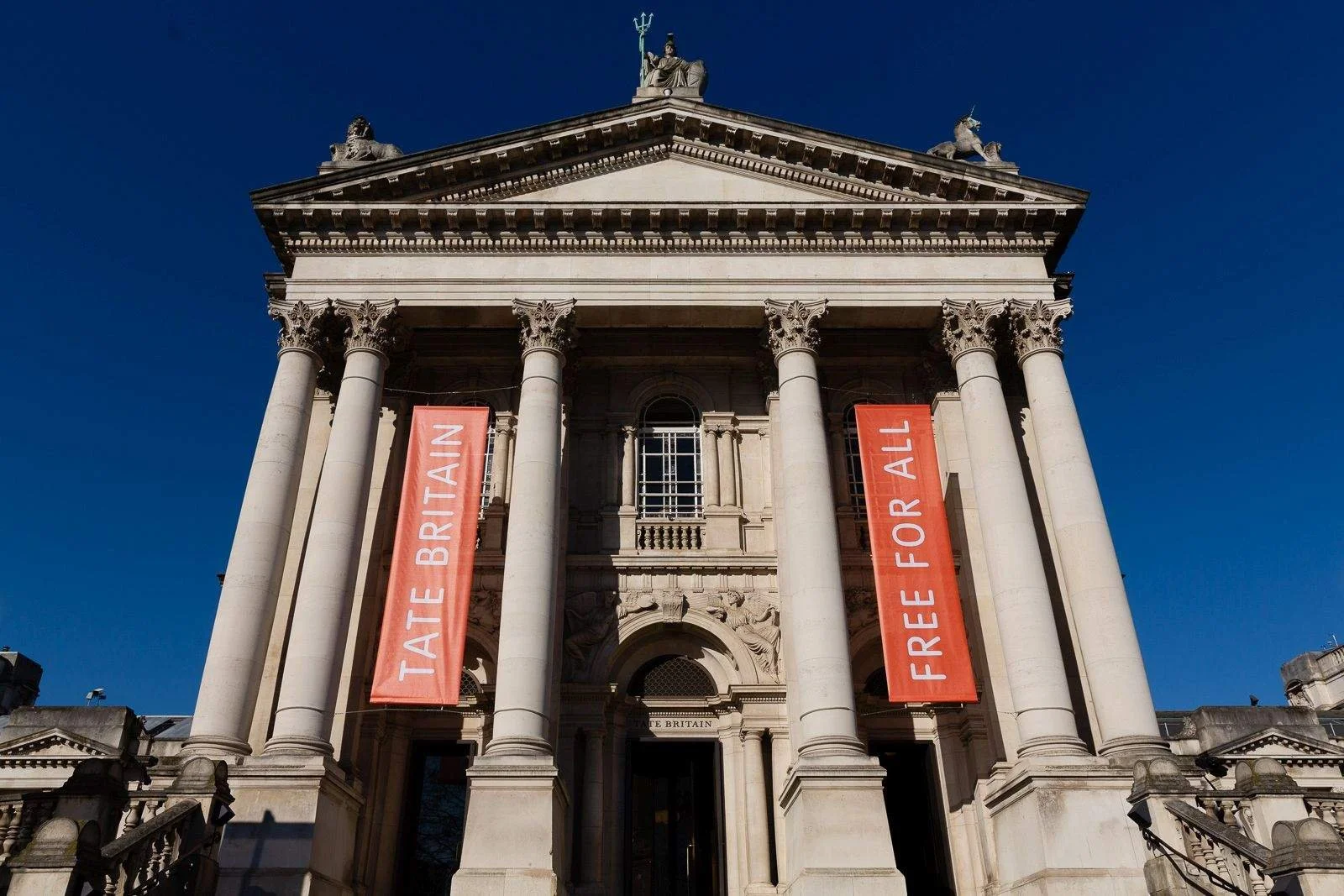Tate Strike Spotlights Pay Crisis Across the Arts and Heritage Sector
By Mary Henderson
Staff at the Tate family of galleries have voted overwhelmingly for strike action over pay and working conditions. This leaves not only the fate of major upcoming shows unclear, but the very health of the arts and heritage sector as a secure industry for employment.
Tate workers strike in September 2020
Image Courtesy of Guy Smallman
More than 150 Tate workers are set to strike from 26 November to 2 December. This comes after 98% of Public and Commercial Services (PCS) members voted for industrial action, on a turnout of 88%. A 2025 survey by PCS saw 72% of members state that their current salary at the Tate is not enough to meet basic living costs.
Tate Britain is opening the highly anticipated Turner and Constable: Rivals & Originals show on 27 November, the day after the strikes are set to begin. The Tate has however assured visitors that the exhibition will remain open to the public as usual. If an agreement is not reached, action will likely linger into the new year, affecting shows including Tracey Emin’s retrospective opening in February at the Tate Modern.
The cultural and heritage public sectors have long been recognised as susceptible to low pay, job insecurity, and poor career progression. This has been exacerbated by Brexit, Covid, and now the cost-of-living crisis, particularly as the sector has been slow to address issues raised around barriers to entry.
The Tate Britain, London
Image Courtesy of Tate Britain
The Tate undertook its second restructuring since 2020 this year, in response to a slow post-pandemic recovery. Workers at the Tate Britain, Tate Modern, Tate Liverpool, and Tate St Ives were offered a salary increase of 2-3%, but this was rejected by the PCS as ‘insulting’ considering rising living costs and recent bonuses Tate directors have received. The union is now demanding an above-inflation pay rise for its members, reinstalling staff benefits - including subsided meals and the reintroduction of the civil service pension scheme for new starters.
A Tate spokesperson stated: ‘Tate has made careful savings this year in order to invest in staff pay and still achieve a balanced budget…It is only by creating and maintaining a sustainable financial model that we can continue to invest in our staff in the long term.’
Cristina Petrella, a former Tate Enterprises worker and PCS Branch Chair, reflected on the irony behind these disputes: ‘So many of the artists featured in these institutions didn’t come from privilege. Their work was rooted in protest and struggle...and yet the institution couldn’t see that we were living that same fight.’
This appears to be part of a wider struggle cultural institutions are facing. More than half of Royal Shakespeare Company staff have been urged to apply for voluntary redundancy as the institution seeks to bolster a shortfall of between £5m and £6m. Meanwhile, over 300 British Library staff have also recently gone on strike following a dispute over pay and conditions. The author Zadie Smith, at the picket line, described ‘an army of overworked, underpaid, too-often verbally abused library staff, who deserve so much better from Britain, from their government, from the executives of the British Library, and from all of us.’
Until there are significant reforms in the arts and heritage sector, it is likely such action will become all the more common. Britain has long positioned itself as a bastion of cultural and intellectual innovation, and yet its prized institutions are chronically underfunded and undervalued. Acknowledging the vast expanse of labour that takes place behind the scenes, and without whom institutions would not be able to function, is essential. These strikes mark a determination to regain the recognition, rights, and respect these workers deserve.
Bibliography
Adams, Geraldine Kendall. ‘Are workers being priced out of heritage?’ Museums Association Journal, 8 July 2022. https://www.museumsassociation.org/museums-journal/analysis/2022/07/are-workers-being-priced-out-of-heritage/#
Bakare, Lanre. ‘More than half of RSC staff urged to apply for voluntary redundancy.’ The Guardian, 18 September 2025. https://www.theguardian.com/stage/2025/sep/18/rsc-staff-urged-apply-voluntary-redundancy
Bakare, Lanre. ‘Tate staff vote to strike over pay after union members reject ‘inadequate’ offer.’ The Guardian, 12 November 2025. https://www.theguardian.com/artanddesign/2025/nov/12/tate-staff-vote-strike-pay-dispute
Hogarth, Ruth. ‘Arts Pay 2025: Final Report Published.’ Arts Professional, 14 November 2025. https://www.artsprofessional.co.uk/news/arts-pay-2025-final-report-published
Smith, Zadie. ‘Does Britain value culture anymore? Ask the striking workers at the British Library.’ The Guardian, 11 November 2025. https://www.theguardian.com/commentisfree/2025/nov/11/britain-value-culture-striking-workers-a-british-library-zadie-smith
Petrella, Cristina. ‘Fighting Against Redundancies at the Tate’. Dispassions: Class Struggle in Arts & Culture (24), 22 August 2025. https://notesfrombelow.org/article/fighting-against-redundancies-at-the-tate


